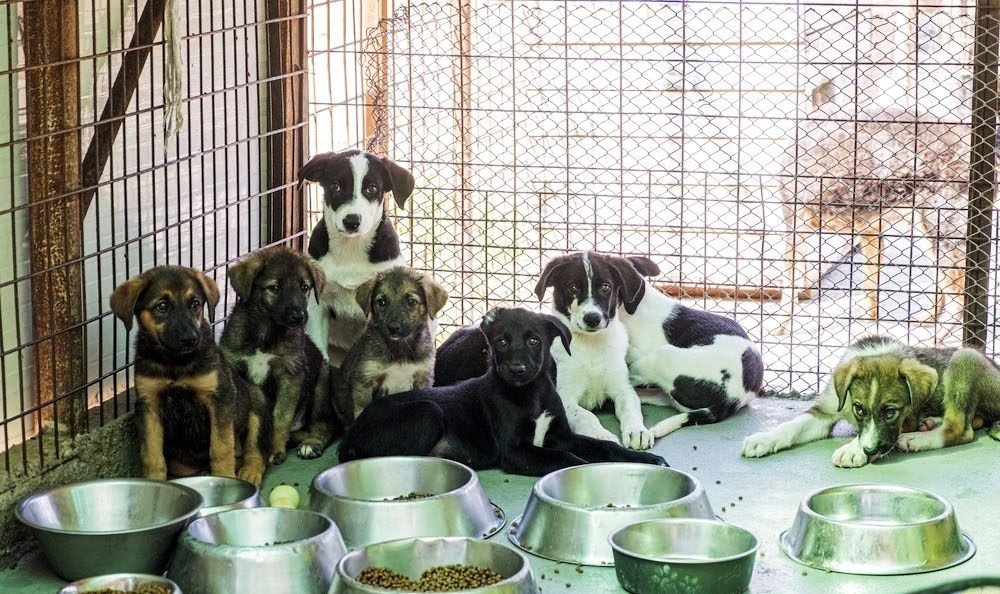
Tierhilfe Hoffnung
PITEȘTI, ROMANIA
About the project
Smeura, the world's largest animal shelter, is situated near Pitesti, 120km from Bucharest. It covers an area of five hectares and currently provides refuge to over 6000 dogs and 300 cats. Since the organisation began its work in 2020, Tierhilfe Hoffnung e.V. has been confronted with the relentless and inhumane killing of tens of thousands of stray dogs, ordered by Romanian politicians. Smeura offers refuge to the dogs they are able to save from municipal dog catchers. Upon their arrival, they are provided food and medical attention and are sterilised. Sterlilisation alone can effectively reduce the overpopulation of stray dogs long-term by preventing them from migrating from villages to cities, reproducing, and perpetuating the brutal cycle.

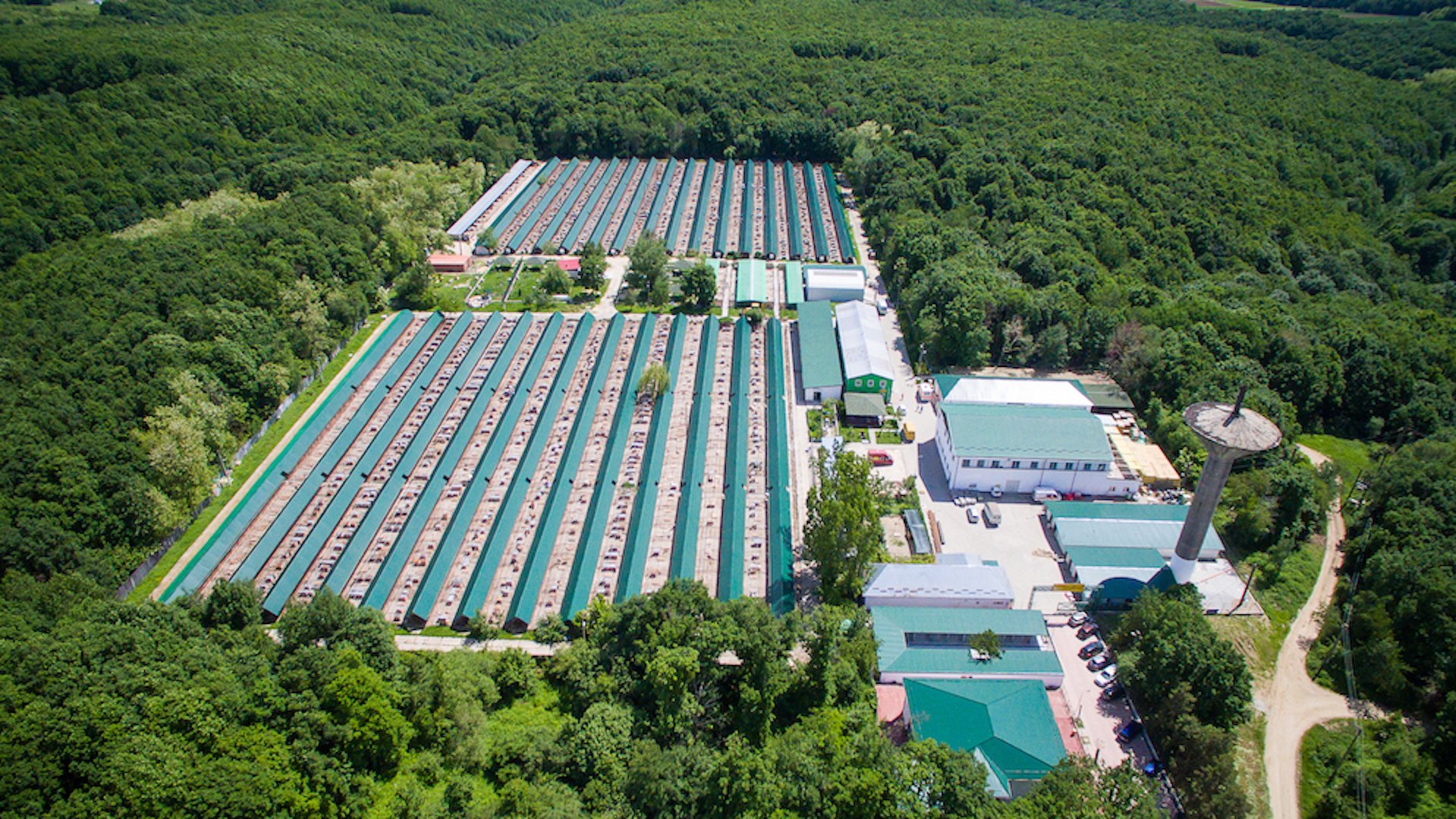
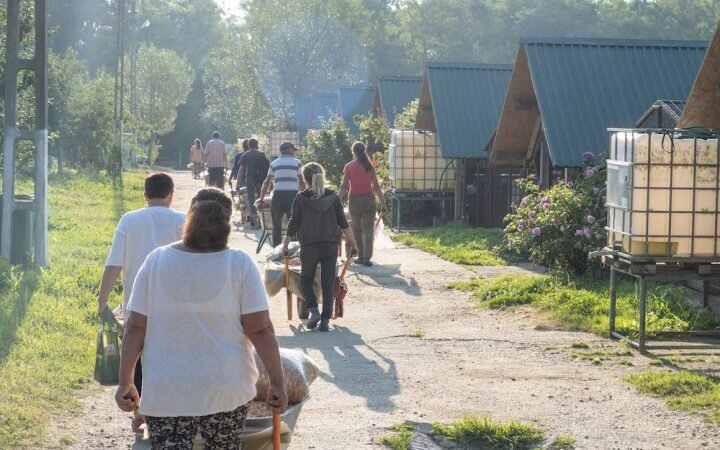
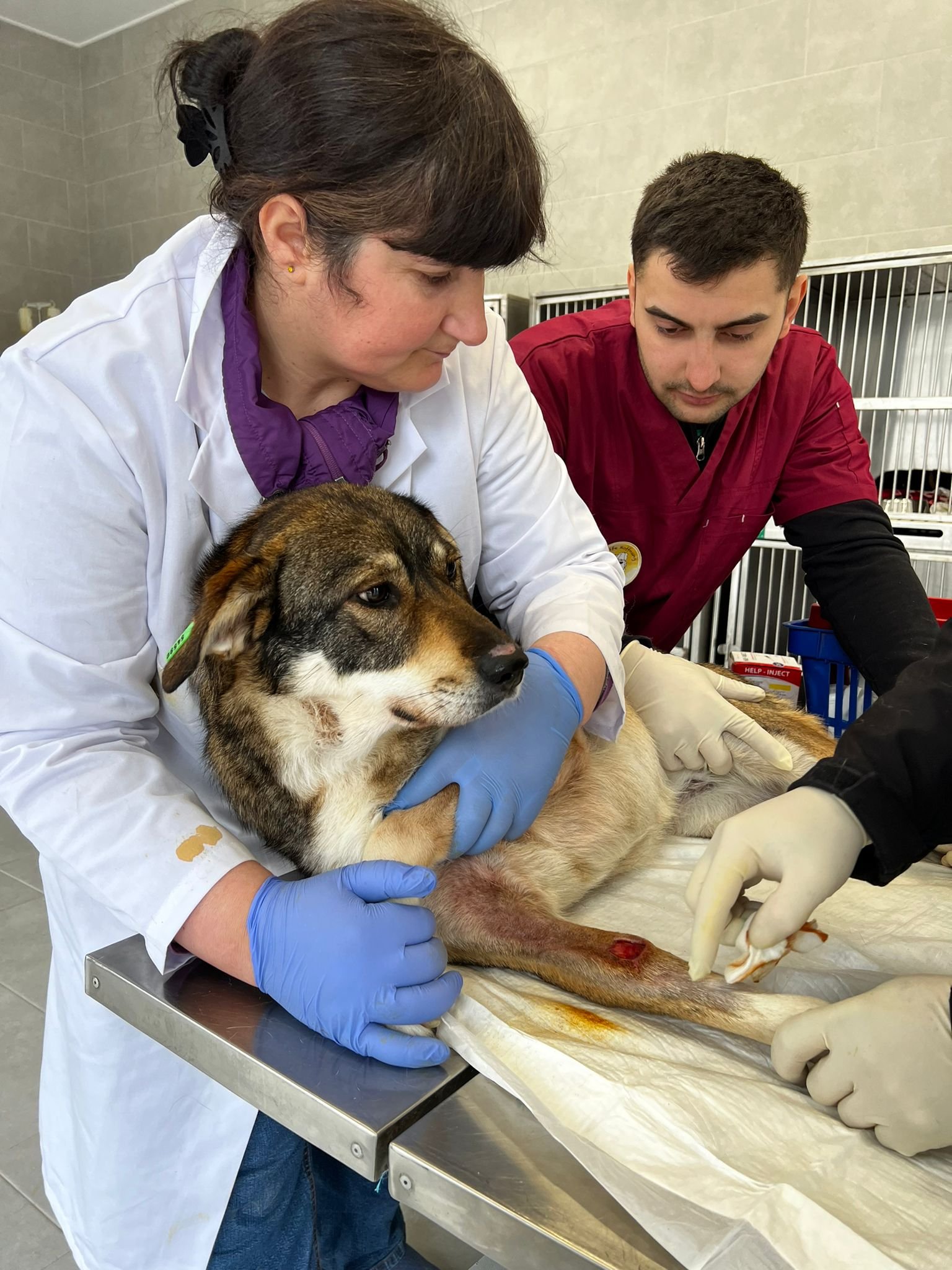
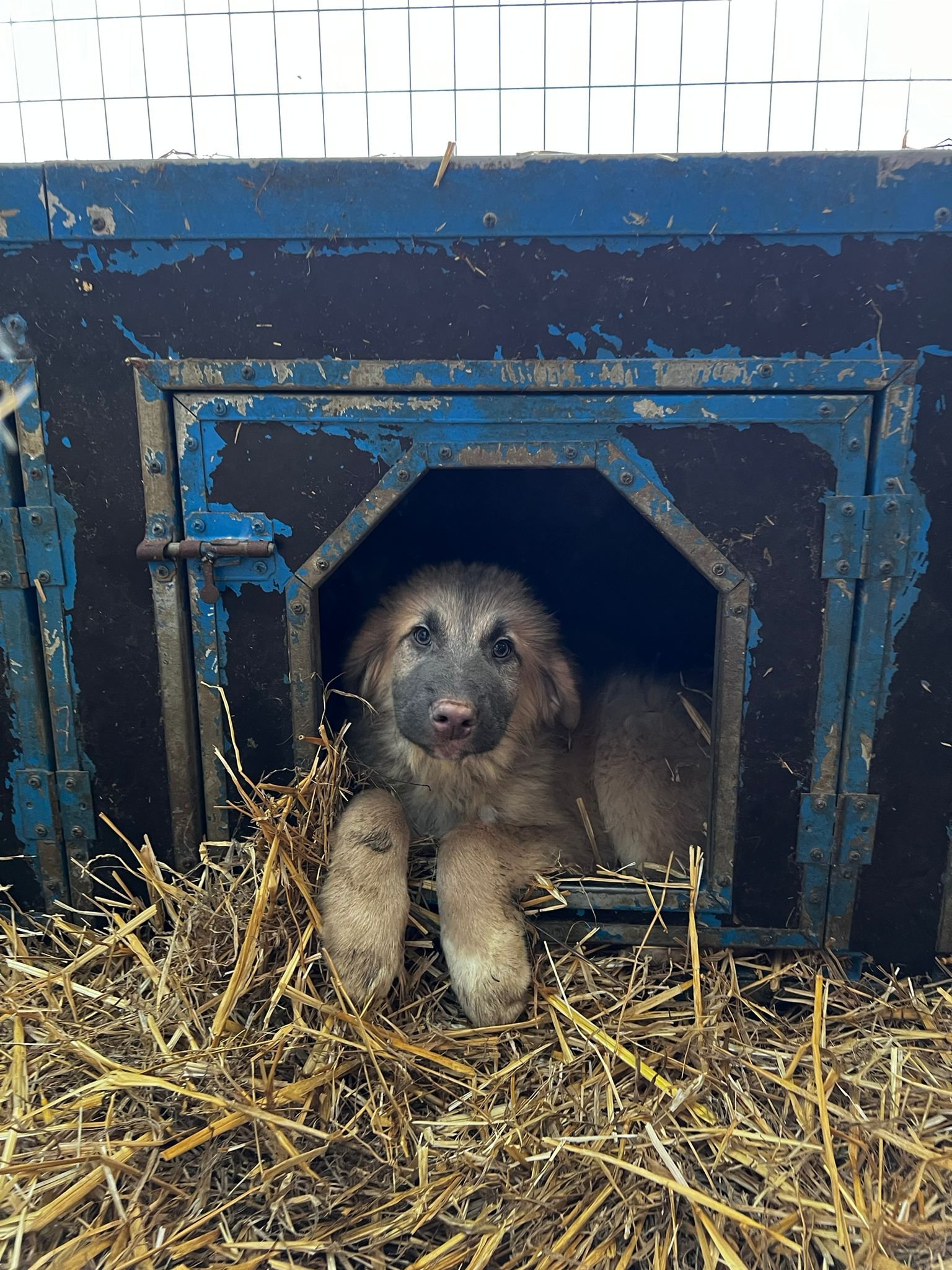
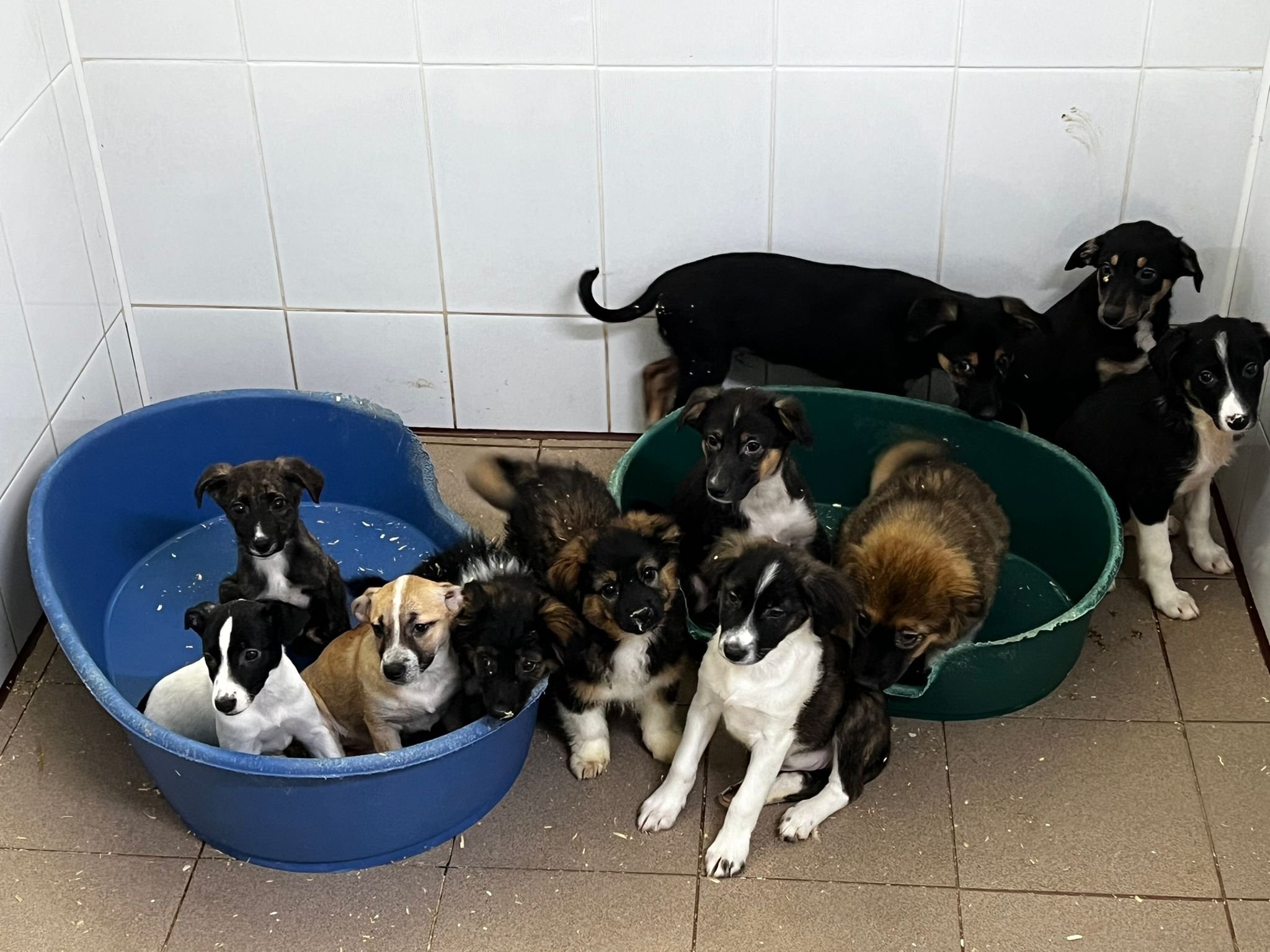
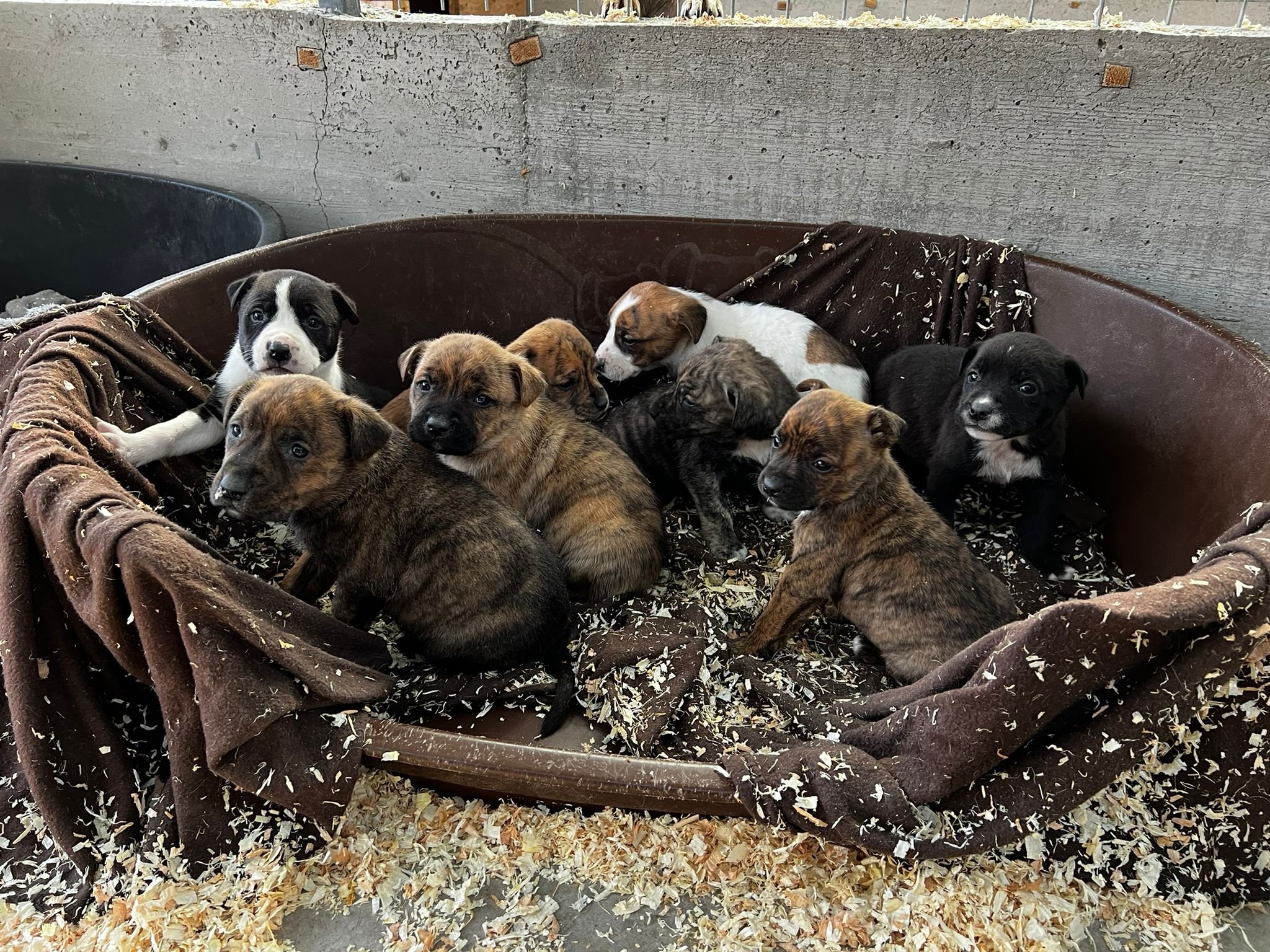
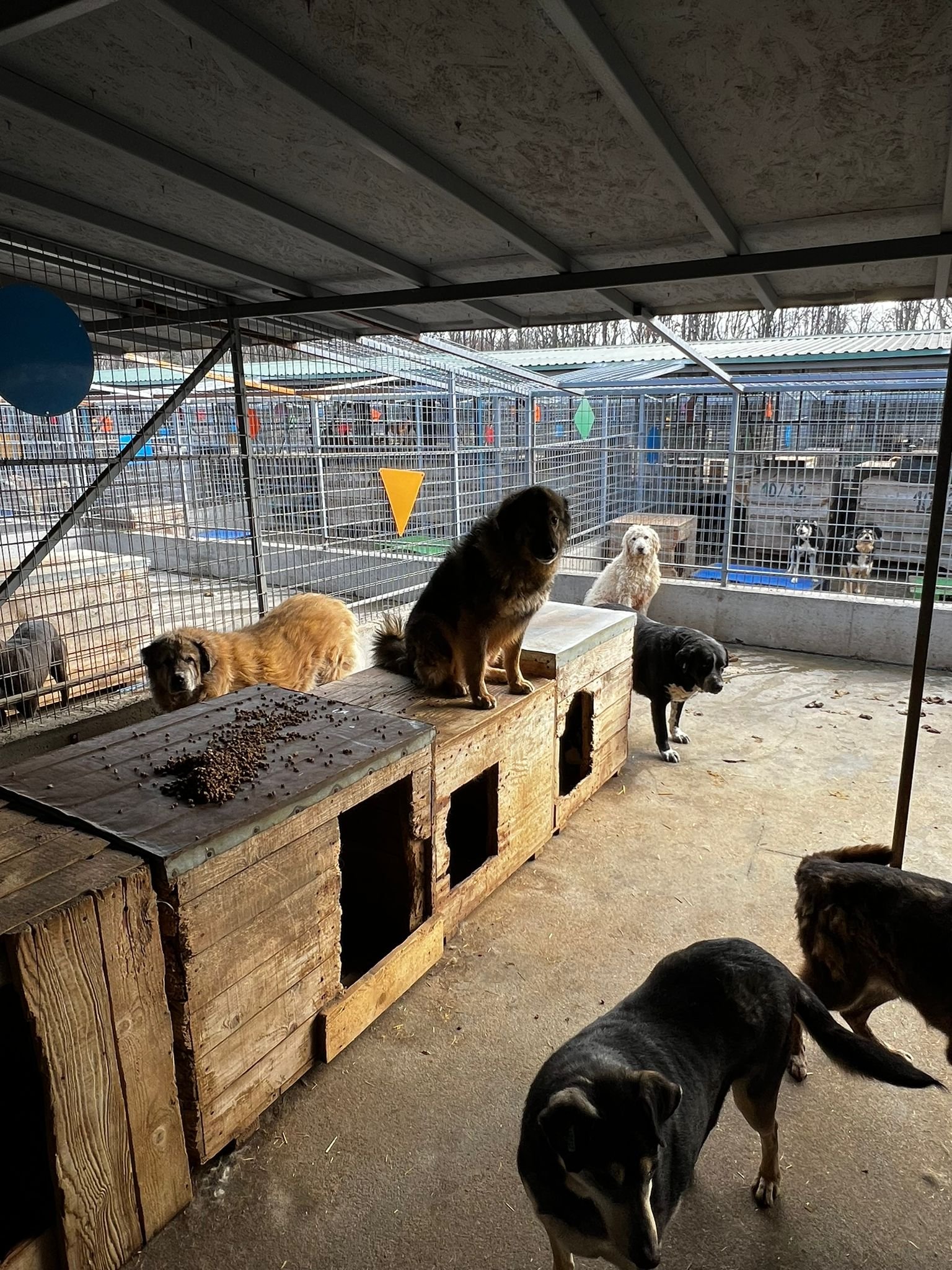
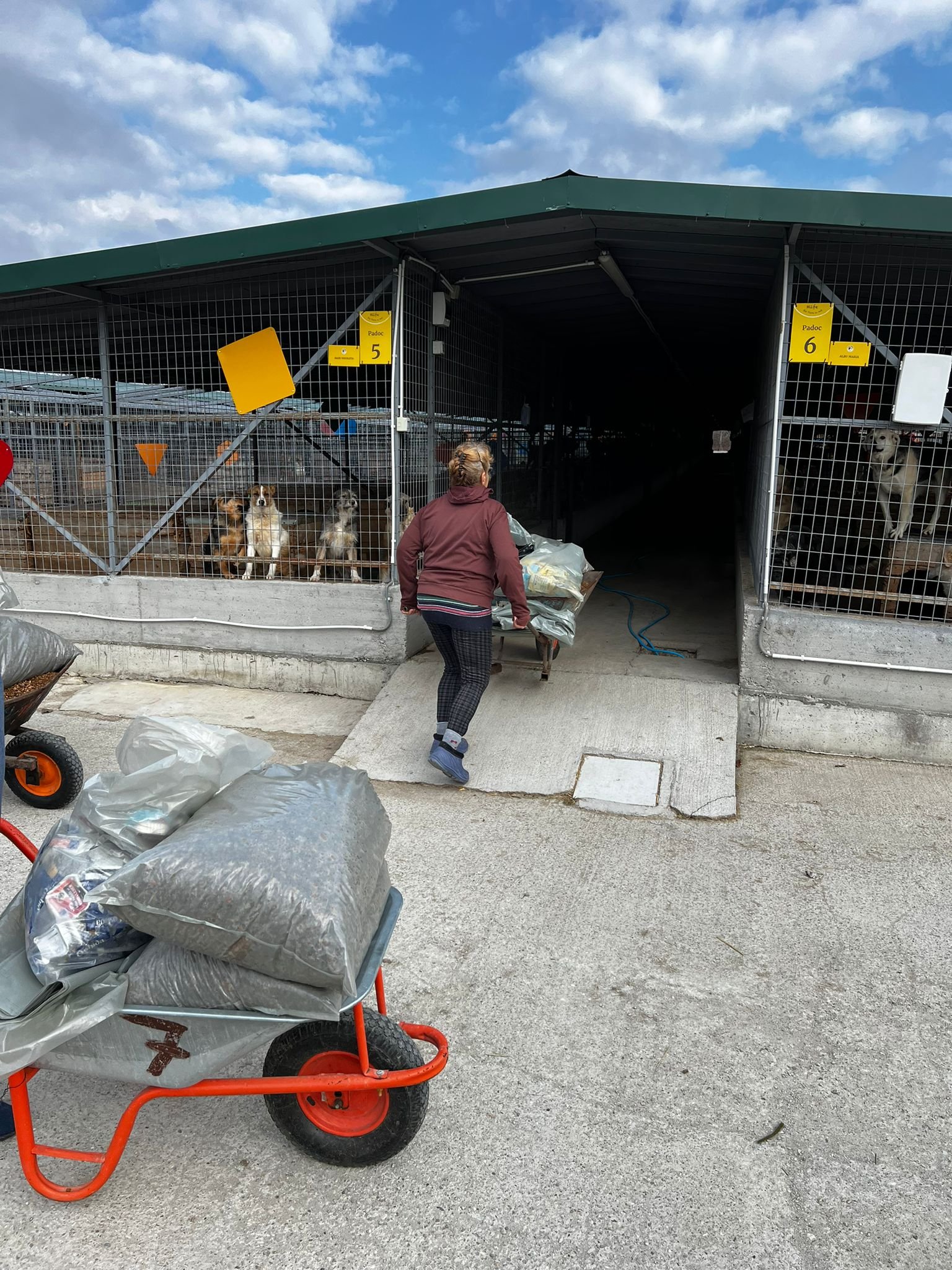
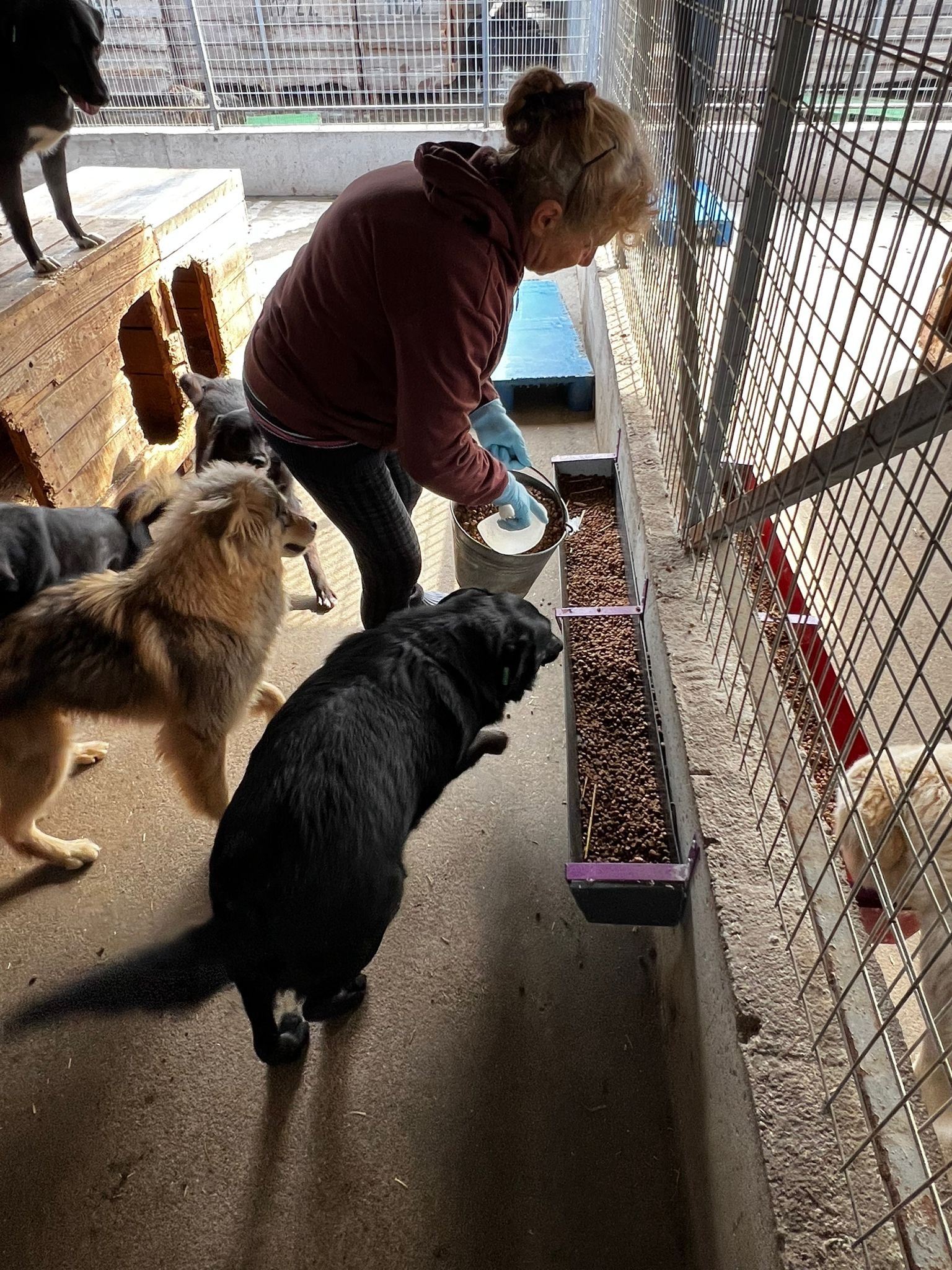
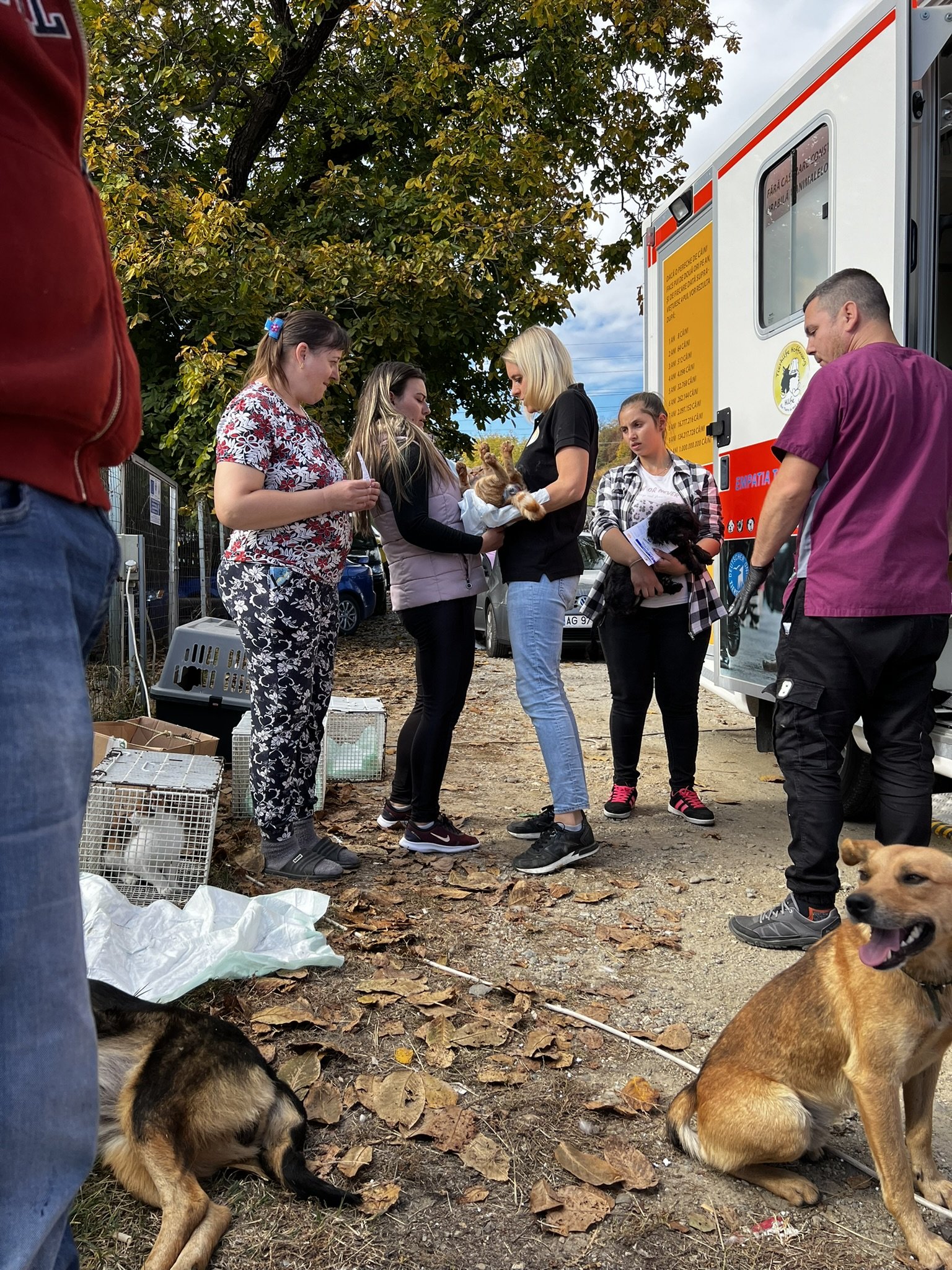
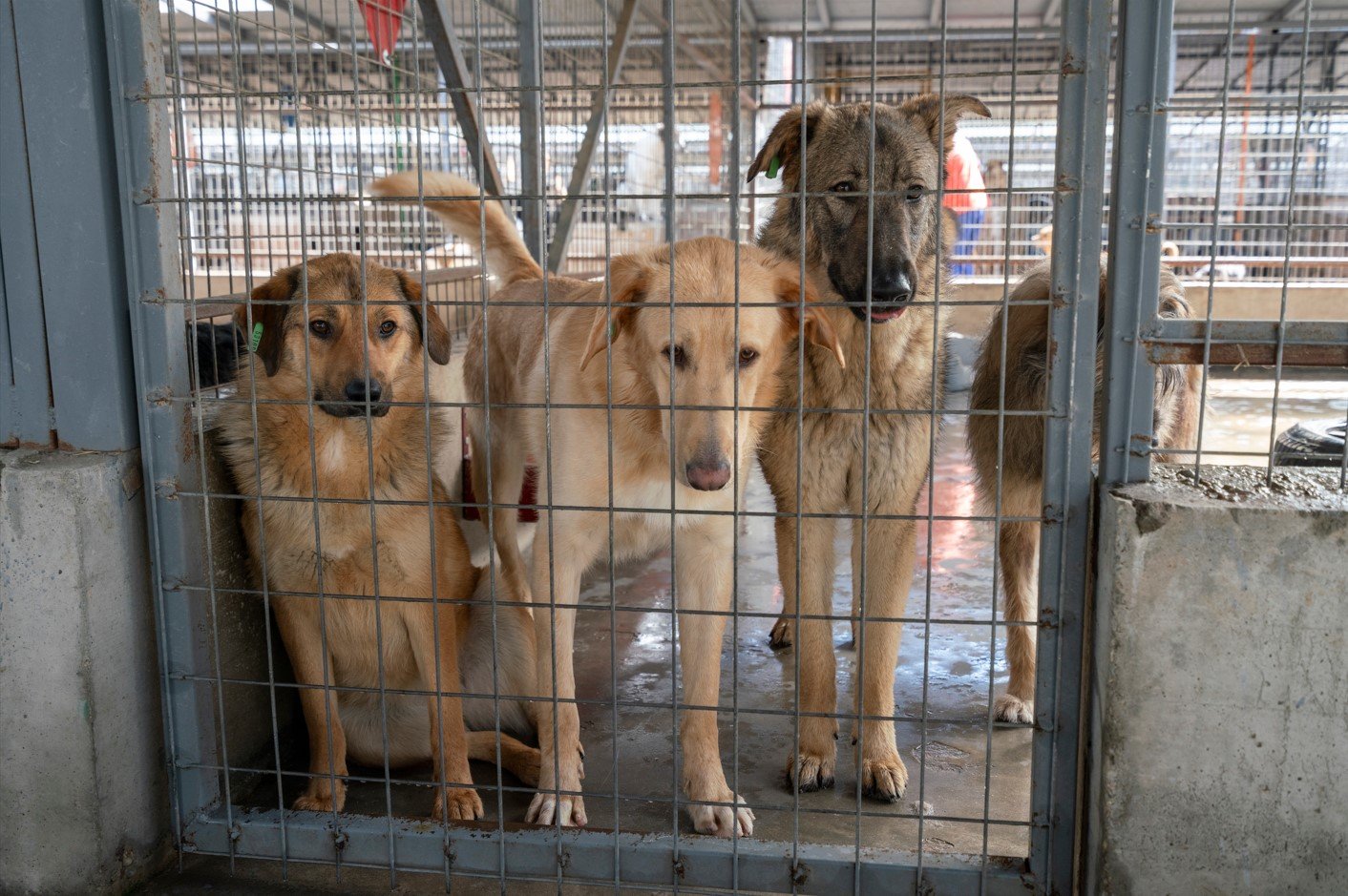
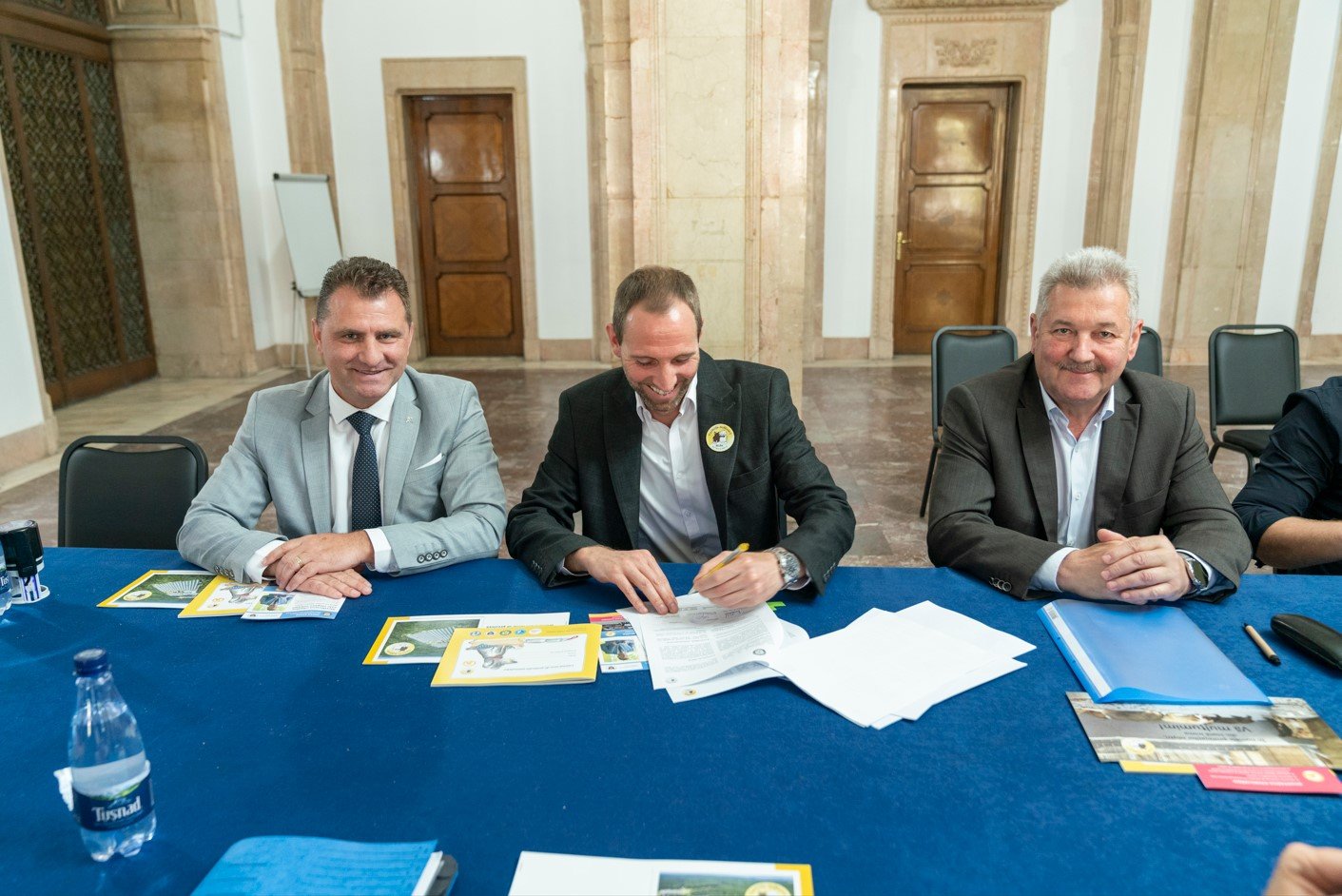
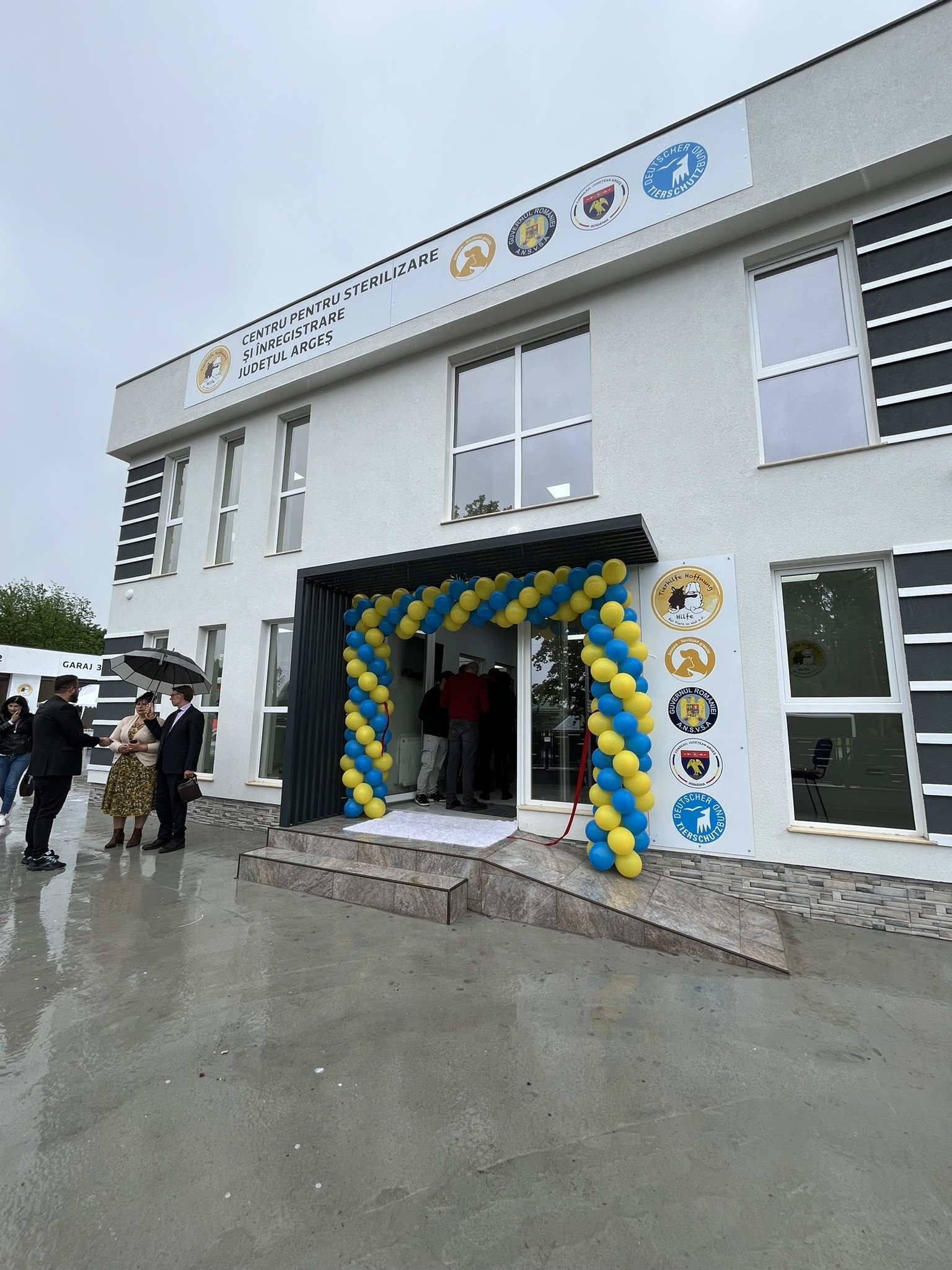
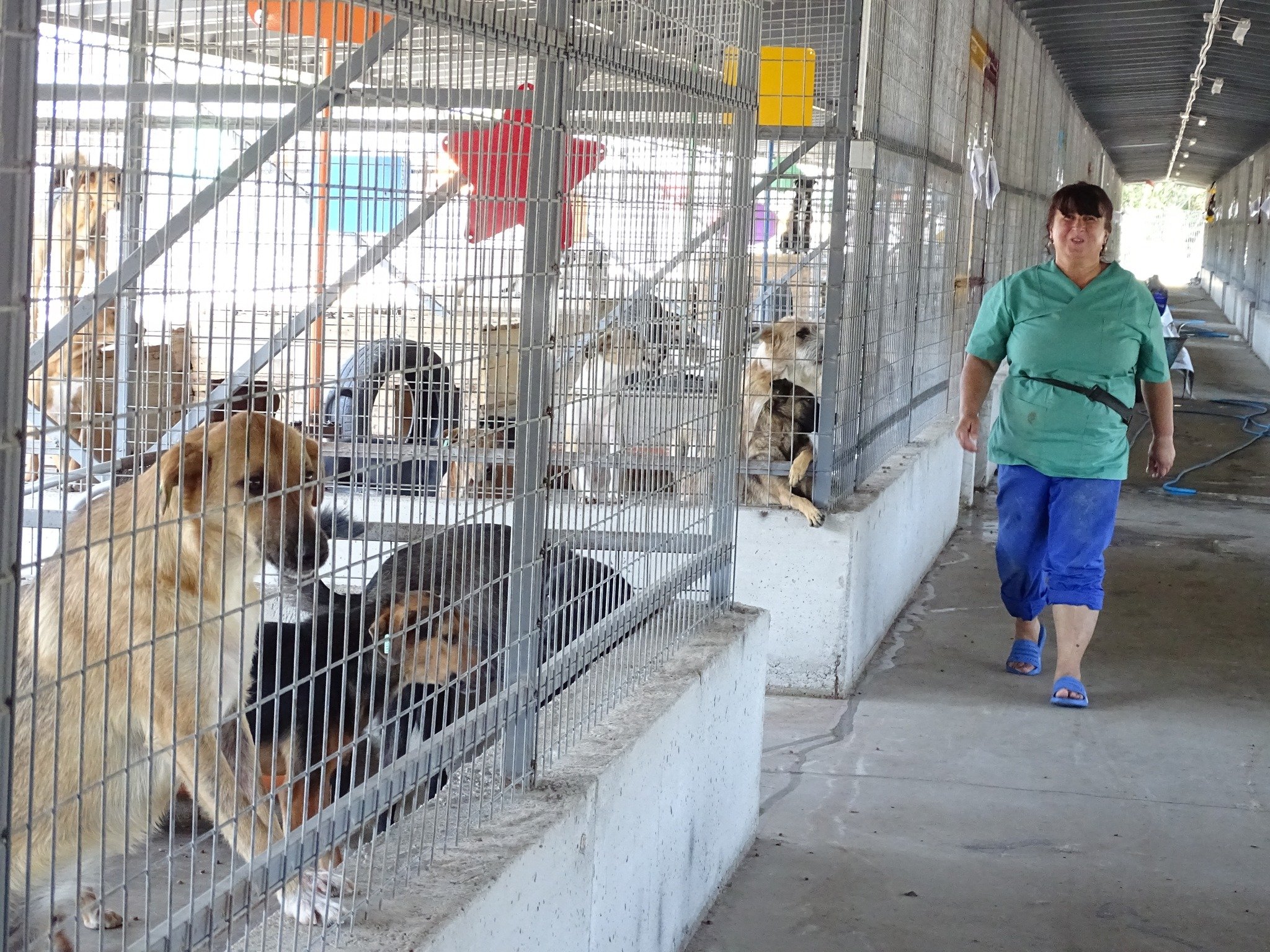
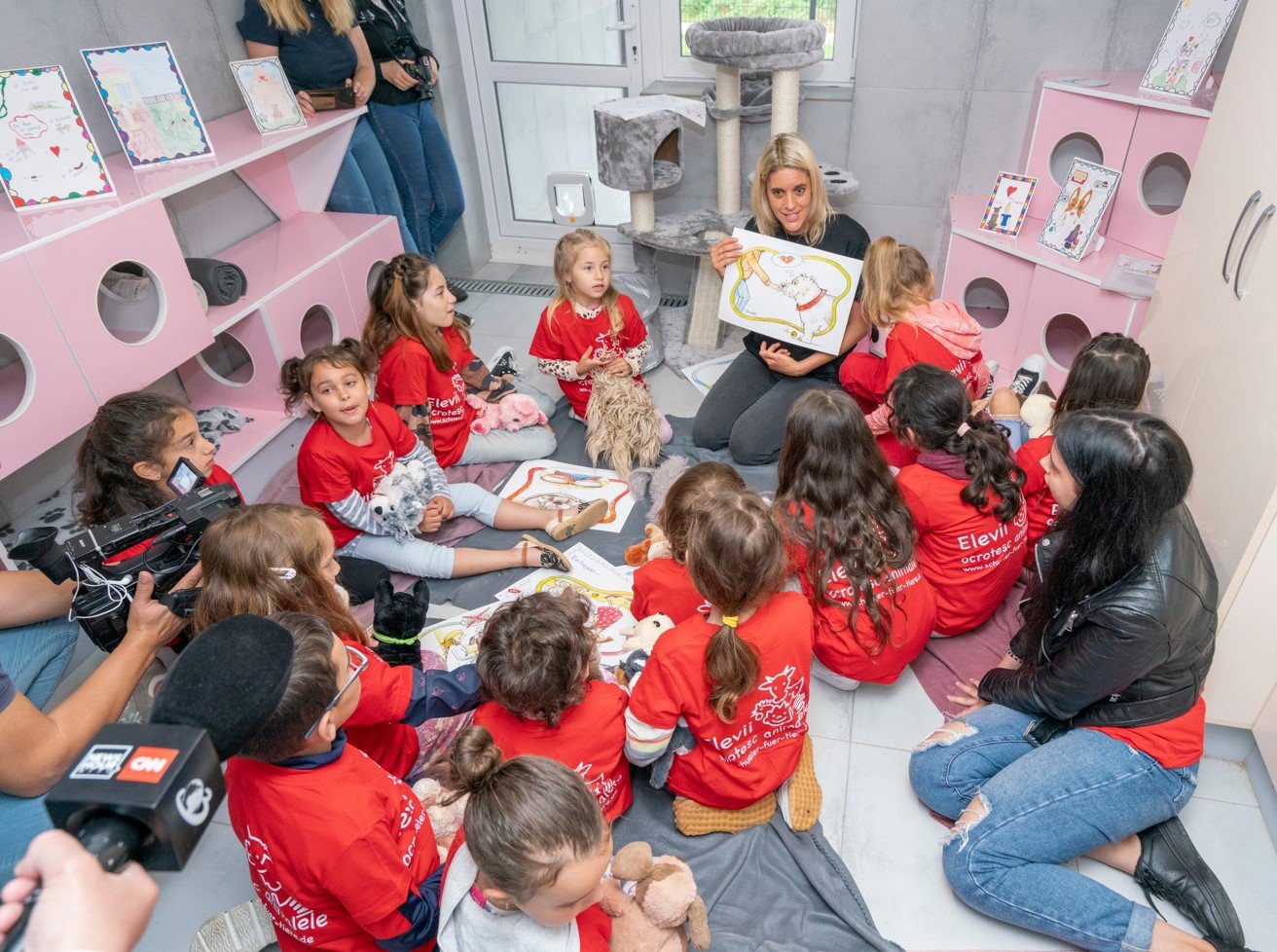
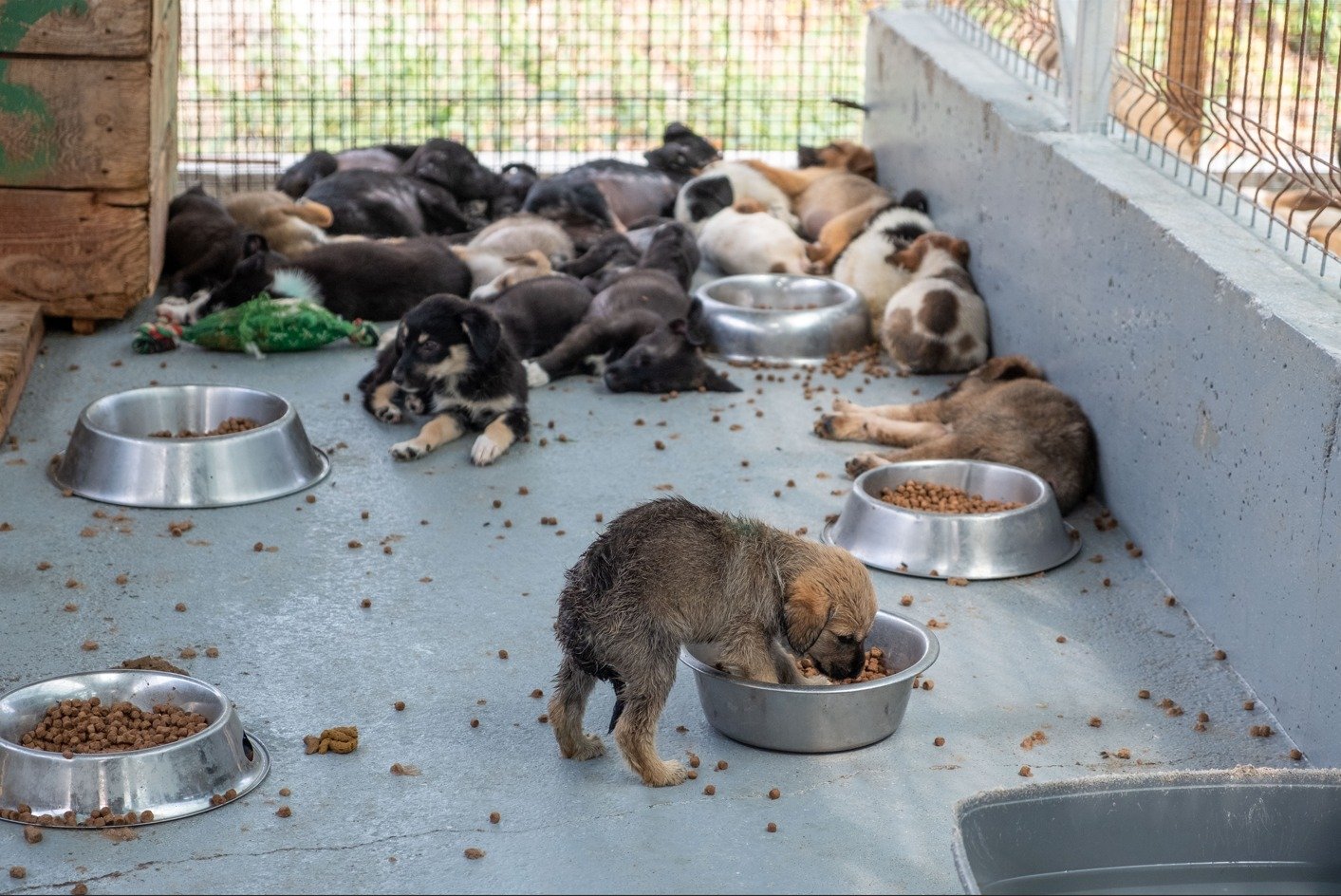
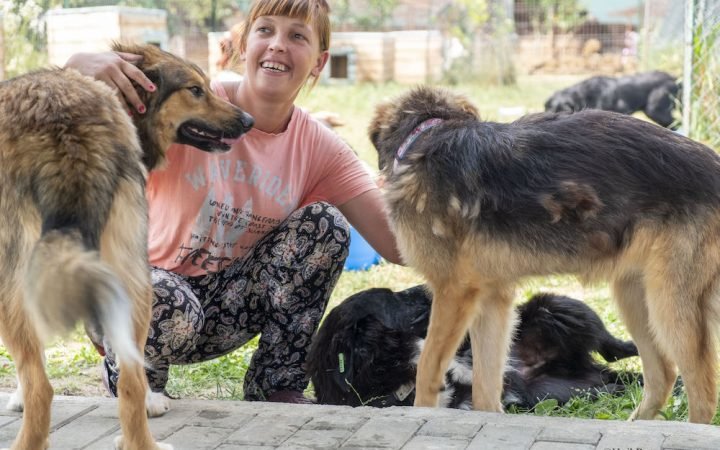
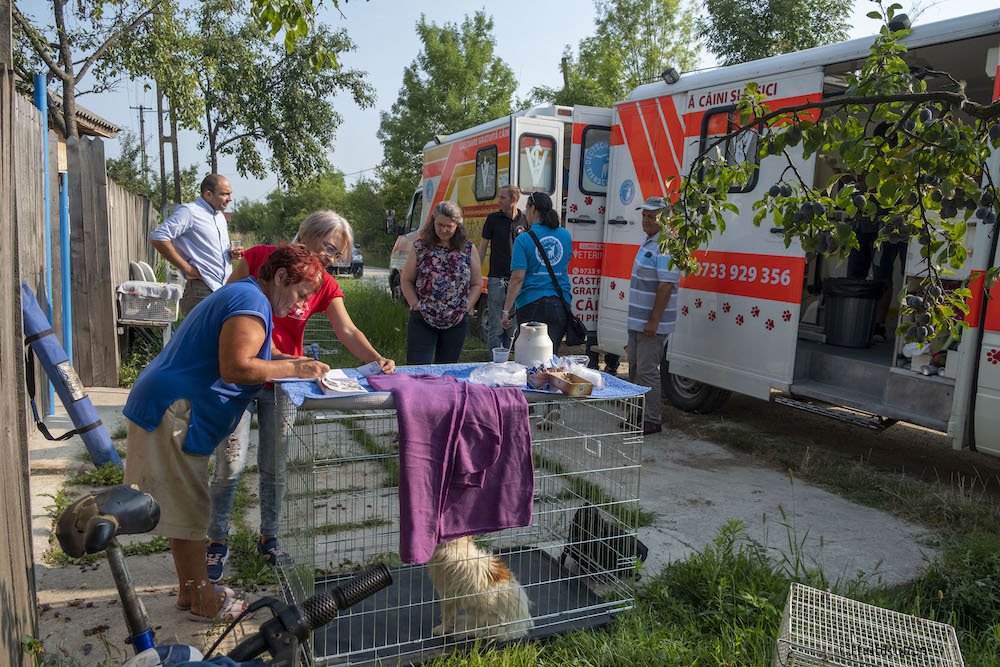
In order to effectively manage the stray dog population in Romania and put an end to the cycle of senseless dog killings by dog catchers, the team's primary focus is sterilisation. Four old ambulances work as mobile clinics, offering free neutering services for local pets in nearby towns and villages. Local veterinarians perform the surgeries in remote areas, making them more accessible to the community and effectively spreading awareness of the importance of the procedures.
In April 2024, the team opened a Neutering and Registration Center, setting unprecedented standards in the country's animal welfare history. This is the first center of its kind in Romania, operating under a comprehensive plan for stray dogs developed by the German Animal Welfare Federation and Tierhilfe Hoffnung. The opening of the center also marked the start of their pilot project, for which they were able to sign a project agreement with the veterinary authority at the state level and the veterinary authority at the district level.
More about What they do
Over the years, Tierhilfe Hoffnung has partnered with 90 shelters in Germany, and dogs are transported to them every week – up to 3,000 leave Romania every year. The animals are given official EU pet passports, medical checks, identifying chips, castrations, and behavioural assessments. They then embark on a long journey (of up to two days) that gives them a chance at a better life. Once they arrive in Germany, they are assessed and cared for during an acclimatisation period, during which they can build confidence and be checked more thoroughly on behaviour.
Furthermore, their educational initiatives in over 20 Romanian schools aim to instill empathy towards animals in the next generation, helping create long-lasting change in the region.
The goal is to record, chip, vaccinate, register, and neuter all dogs in the district of Argeș collectively in the next five years. The project presents a challenge, as according to estimates by the veterinary authority, around 185,000 dogs currently live in Argeș.
To reach its goal of over 40,000 neuterings per year, Tierhilfe Hoffnung will rely not only on its mobile neutering units but also on the new neutering center established specifically for the project. The plan demonstrates that neutering is not only more humane but also more effective compared to the cruel and unethical killing of stray dogs. Since the enactment of the "killing law" in 2013, stray dogs in Romania can be captured and killed after a 14-day holding period. The goal is to break the vicious cycle of uncontrolled dog breeding in Romania and ensure that dog owners in the Argeș fulfill their legal responsibilities.
The killing of strays became legal under the “Stray Dogs Euthanasia Law”, when the EU and OIE (World Organisation for Animal Health) supported the opening of killing shelters, under the guidelines that dogs had to be kept for 14 days before they could be euthanised. However, the OIE’s lack of awareness about executing these guidelines demonstrates a flaw in the system, as it can be easily manipulated. Rather than implementing an effective strategy (such as castration) to stop the population from growing, it has become more common for people to support the fraudulent business scheme of catching and killing. The EU provides up to €75 (£64) for the catching, 14-day holding and euthanising of a single dog. In reality, however, the money is lost to the pockets of criminals, and as a result, the dogs suffer in inhumane conditions. They are often kept with no food, water, or space, laying in their own excrements for days, until they are eventually brutally beaten to death.
FACTS: The killing law
Matthias Schmidt
Tierhilfe Hoffnung Chairman
“After more than 24 years of animal protection work in Romania, our castration center is a groundbreaking step. The focus of the project is the castration of dogs, as they multiply uncontrollably and ensure a constant increase in the number of street dogs, which often end up in killing stations. If the number of dogs on the streets decreases as a result of the project, we hope that fewer street dogs will end up in the killing stations ”
What we do to help
-
Sterilisation is one of Tierhilfe Hoffnung’s main areas of focus. Only through sterilisation can the population of stray dogs in the region be controlled and cared for long-term. We hope to support their sterilisation campaigns financially, helping the organisation sterilise as many dogs as possible every month. Every second tote bag sold covers the material cost of one sterilisation. For every three bags sold, the material costs as well as necessary infrastructure costs (clinic, registration center, mobile spaying units, and staff) are also covered.
-
Besides supporting their long-term projects, we also aim to help Tierhilfe Hoffnung on a more regular basis, by helping fund their food and medical supplies. With the purchase of one tote bag for instance, you could supply one month worth of food to a dog in the Romanian shelter.







